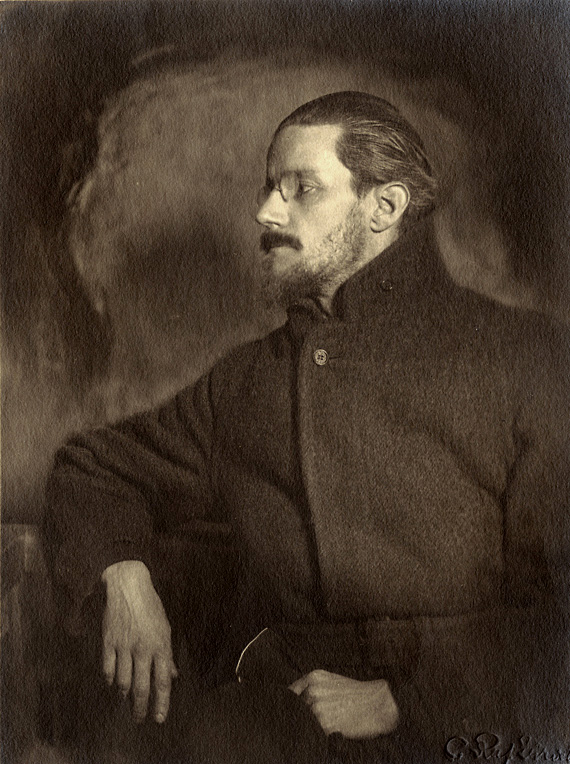James Joyce Quotes
"Araby"
Source: Dubliners (1914)
“This race and this country and this life produced me, he said. I shall express myself as I am.”
Source: A Portrait of the Artist as a Young Man
“He thought that he was sick in his heart if you could be sick in that place.”
Source: A Portrait of the Artist as a Young Man
“The light music of whisky falling into glasses made an agreeable interlude.”
Source: Dubliners
Letter to Augusta Gregory (22 November 1902), from James Joyce by Richard Ellmann (1959) [Oxford University Press, 1983 edition, <small> ISBN 0-195-03381-7</small>] (p. 107)
“Whatever else is unsure in this stinking dunghill of a world a mother's love is not.”
Source: A Portrait of the Artist as a Young Man
“Art is the human disposition of sensible or intelligible matter for an aesthetic end.”
Notebook entry, Paris (28 March 1903), printed in James Joyce: Occasional, Critical and Political Writing (2002) edited by Kevin Barry [Oxford University Press, 2002, <small> ISBN 0-192-83353-7</small>], p. 104
Source: A Portrait of the Artist as a Young Man
Source: About his wife, Nora. Selected Letters of James Joyce. http://www.slate.com/id/2181165
“Time is, time was, but time shall be no more.”
Source: A Portrait of the Artist as a Young Man
“There is no heresy or no philosophy which is so abhorrent to the church as a human being.”
Letter to Augusta Gregory (22 November 1902), from James Joyce by Richard Ellmann (1959) [Oxford University Press, 1983 edition, <small> ISBN 0-195-03381-7</small>] (p. 107)
Source: A Portrait of the Artist as a Young Man
“Can't bring back time. Like holding water in your hand.”
Source: Ulysses
Dubliners (1914)
Variant: His soul swooned softly as he heard the snow falling faintly through the universe and faintly falling, like the descent of their last end, upon all the living and the dead.
Source: "The Dead"
Context: Yes, the newspapers were right: snow was general all over Ireland. It was falling on every part of the dark central plain, on the treeless hills, falling softly upon the Bog of Allen and, farther westward, softly falling into the dark mutinous Shannon waves. It was falling, too, upon every part of the lonely churchyard on the hill where Michael Furey lay buried. It lay drifted on the crooked crosses and headstones, on the spears of the little gate, on the barren thorns. His soul swooned slowly as he heard the snow falling faintly through the universe and faintly falling, like the descent of their last end, upon all the living and the dead.
Dubliners (1914)
Variant: One by one they were all becoming shades. Better pass boldly into that other world, in the full glory of some passion, than fade and wither dismally with age.
Source: "The Dead"
Source: A Portrait of the Artist as a Young Man
“Though their life was modest, they believed in eating well.”
Source: Dubliners
“if it is thus, I ask emphatically whence comes this thusness.”
Source: A Portrait of the Artist as a Young Man
"A Painful Case"
Source: Dubliners (1914)
Context: One of his sentences, written two months after his last interview with Mrs. Sinico, read: Love between man and man is impossible because there must not be sexual intercourse and friendship between man and woman is impossible because there must be sexual intercourse.
Source: Dubliners
“For the years, he felt, had not quenched his soul, or hers.”
Source: The Dead
Source: A Portrait of the Artist as a Young Man
